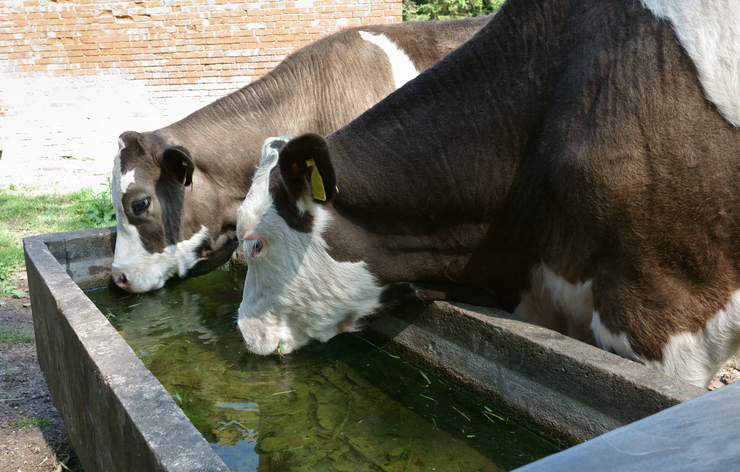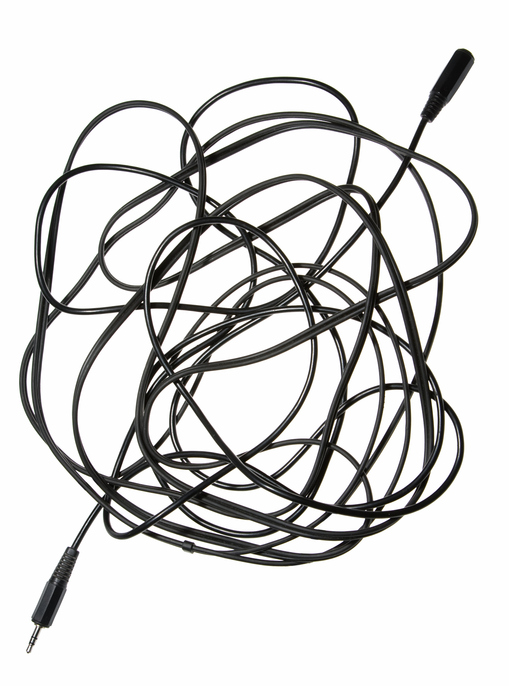trough
(noun)
/trɔf, trɑf/
 LISTEN
LISTEN


A trough is a long, narrow, open receptacle looking like a box and used chiefly to hold water or food for animals. It can also be any of several similarly shaped receptacles that are used for various commercial and household purposes. In construction, a trough is a channel for carrying water away. In oceanography, a trough is any long depression or hollow, such as between two ridges or waves and, in meteorology it is an elongated area of fairly low pressure. If we are talking about a cycle, especially an economic one, a trough is the lowest point.
Example sentences
- The horses drank from the trough.
- The baker mixed a large batch of dough in the trough.
- Water ran along the trough.
- The ship rose to the crest of the wave, before crashing down into the trough.
- This trough will bring rain to the southern part of the country.
- Experts are sure the recession has reached its trough.
In pop culture
Listen to Scottish band We Were Promised Jetpacks’ song “Peaks and Troughs” here:
Commonly confused with
Don’t confuse trough with through or thorough. They may look similar, but they all have different pronunciations (you can listen to them at WordReference.com). Through is a preposition and adverb with many meanings, including ‘in one end or side and out the other’ and ‘from beginning to end.’ Thorough is an adjective meaning ‘complete.’
Origin
Trough dates back to before the year 900. The Old English noun trog (pronounced trogh, which a hard gh, like in the Scottish loch), meaning ‘hollow, wooden vessel or tray,’ and ‘canoe,’ can be traced back to the Proto-Germanic trugaz and the Proto-Indo-European dru-ko, from the root deru- (firm or solid), which had many derivatives like this one for objects made of wood or trees. Trough is related to the Old Frisian, Old Saxon and Old Norse trog, the Middle Dutch troch, the Dutch trog, the Old High German troc and the German Trog (all meaning ‘trough’), as well as the Sanskrit dru (tree or wood), the Greek drys (oak), drymos (copse or thicket) and doru (beam or shaft of a spear), the Old Church Slavonic drievo (tree, wood), the Serbian drvo (tree) and drva (wood), the Russian drevo (tree or wood), the Czech drva and Polish drwa (wood), the Welsh drud and Old Irish dron (strong), the Welsh derw (true), the Albanian drusk (oak), and many English words, including dour, Druid, durable, duress, endure, shelter, tar, tray, tree, trim, truce, trust and truth. The senses other than the physical wooden object started as figurative senses, based on how they looked, and most appeared in the 18th and 19th centuries.
Word of the Day is released Monday through Friday.



